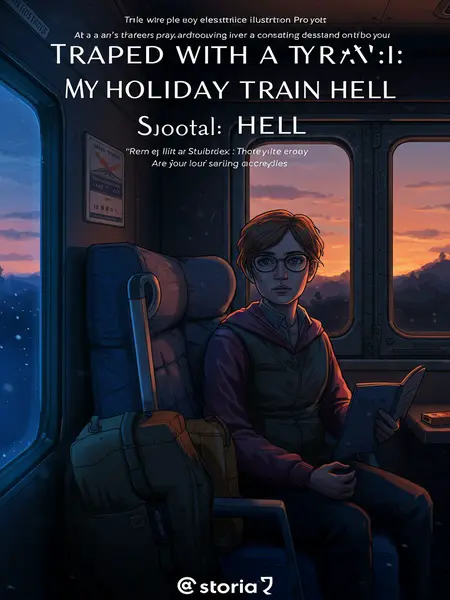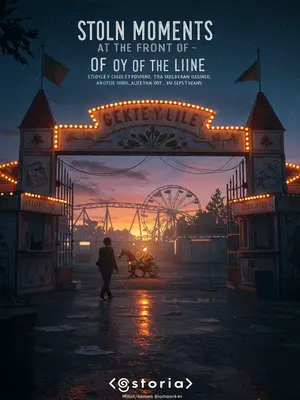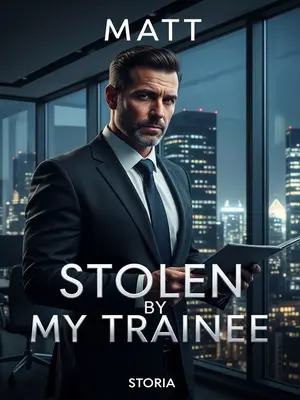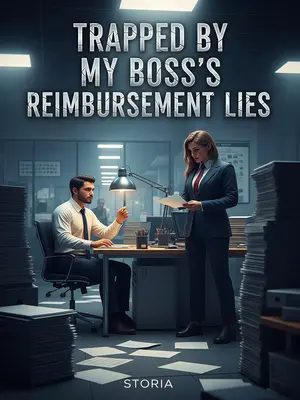Chapter 4: Standoff and Escape
Overcome with frustration, I simply pushed my seat back again, not caring what he thought.
My heart hammered, but I did it anyway, slow and steady, the soft click of the seat mechanism like a small act of rebellion. I braced myself for the fallout.
He shoved it a few times in anger, but I’d already locked the seat—this time, he couldn’t move it.
The feeling of victory was brief, but real. For a second, I felt like maybe, just maybe, I’d reclaimed a bit of dignity.
He got pissed, raised his foot, and kicked the back of my seat hard a few times, snapping, "Sit up straight."
Each kick reverberated up my spine, but I kept my posture steady, refusing to let him see me flinch. If this was the American version of trench warfare, then fine. I’d hold my ground.
I ignored him.
Headphones in, music up, I tried to tune him out—classic rock, Springsteen, the kind of stuff you play when you need to remind yourself what resilience sounds like. The world shrunk to just me, the beat, and the blurred lines of farmland rolling by.
Thinking of his earlier behavior, I said offhandedly, "This is my right. If you don’t like it, go find the conductor."
I didn’t look back, just let the words hang in the air. If the staff wanted us to figure it out ourselves, then so be it—let the chips fall where they may.
Since the staff thinks passengers should solve these things themselves, then fine—let’s see who’s tougher.
I felt my jaw set, a stubborn streak rising up in me. If this was going to be a standoff, I’d at least make him work for his victory.
The man stared at me, incredulous. "Why do you insist on doing such rude things? Didn’t your dad teach you anything?"
His words were a low blow, the kind that tries to shame you into submission. For a moment, I wondered what his dad had taught him—and if he’d be proud of this performance.
Some passengers noticed and started watching, but nobody spoke up.
A couple glanced our way, eyebrows raised, but quickly looked away. Classic bystander effect—everyone wanted peace, but no one wanted to get involved. I caught the eye of an elderly Black man across the aisle—he just shook his head and went back to his crossword.
He continued, "Reclining your seat bothers others. Don’t you understand basic manners? I admit I reclined too, but there’s no one behind me. How is that the same?"
He made his argument again, louder this time, as if repetition would make it more reasonable. The logic was self-serving, but his certainty was almost impressive.
I glanced at him and put on my headphones.
There was nothing left to say. I let the music drown out his voice, the thump of the train tracks a steady metronome against my anger.
When you’re out in public, arguing is pointless. Just make your stance clear.
I stared out the window, letting the world slide by—barns, silos, kids waving from gravel roads. America in motion, indifferent to our petty war.
Seeing I was ignoring him, he sneered, muttering, "Who’s afraid of who?"
I caught his reflection in the window, lips curled in a smirk. I didn’t answer. The silence was answer enough.













